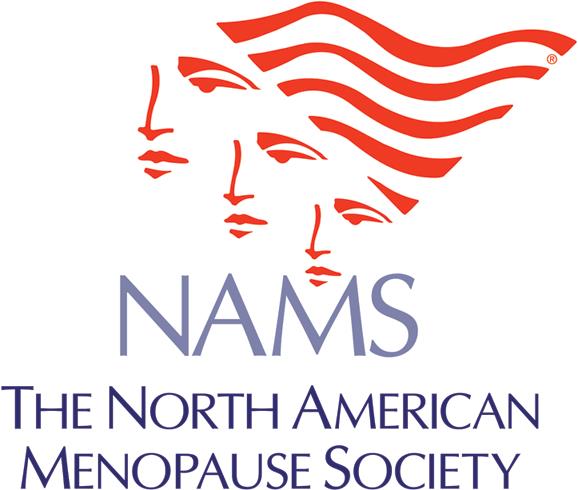By: Red Hot Mamas
Published: December 9, 2015
After Menopause, Vulvovaginal Troubles Are Common and Linked with Other Pelvic Problems Nevertheless, over 30% of women haven’t seen a gynecologist, and over 80% didn’t get the standard treatment
CLEVELAND, Ohio (December 9, 2015)—After menopause, more than half of women may have vulvovaginal symptoms that have a big impact on their lifestyle, emotions, and sex life. What’s more, the symptoms tend to travel with other pelvic troubles, such as prolapse and urinary and bowel problems. But many women aren’t getting help, shows a study published online today in Menopause, the journal of The North American Menopause Society (NAMS).
The researchers from Dartmouth, Yale, and the Connecticut Healthcare System recruited 358 women ages 55 and older from primary care offices and senior centers to answer questions about common symptoms after menopause. The women answered questionnaires, not only about symptoms such as vaginal and vulvar dryness and irritation and their impact, but also about other menopause symptoms, other pelvic problems such as urinary urgency and urinary and fecal incontinence, whether they had seen a gynecologist, and what sort of treatment they had received.
Vulvar and vaginal symptoms—itching, burning, stinging, pain, irritation, dryness, discharge, or odor—were very common. A little more than half of the women (51%) said they had one or more of these. The symptoms also had a significant impact on their lives. Forty percent of the women with symptoms said the symptoms posed emotional problems, and 33% said they had an impact on their lifestyle. More than three-quarters of the women who were sexually active with a partner (76%) said the symptoms posed problems in their sex lives.
But with these symptoms came others. Many women with the vulvar and vaginal symptoms also had urinary frequency (50%) or leaking because of urinary urgency (43%). That helps confirm why NAMS and other organizations gave these postmenopausal problems a new name that includes urinary symptoms—“genitourinary syndrome of menopause” or GSM. In addition to urinary problems, significantly more women with the vulvovaginal symptoms than without also had pelvic organ prolapse or fecal incontinence without diarrhea. The women with the vulvar and vaginal symptoms also tended to have more menopausal symptoms other than hot flashes.
 Red Hot Mamas In Charge of Change.
Red Hot Mamas In Charge of Change.

